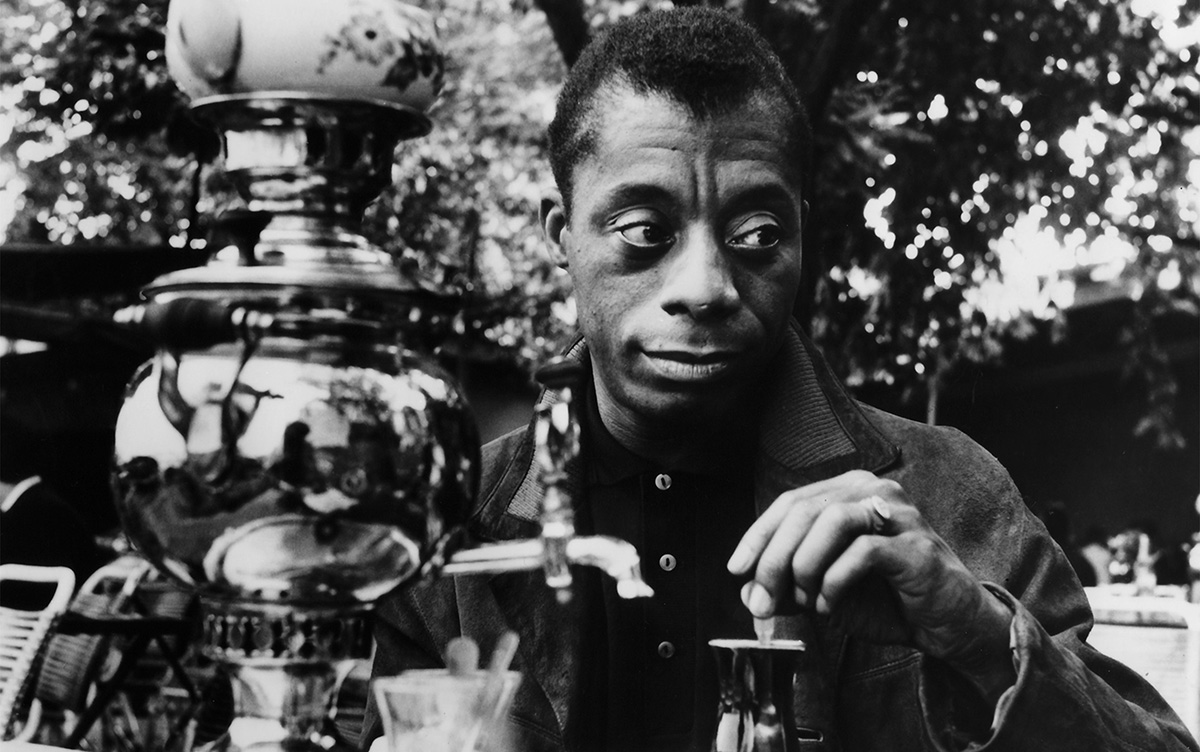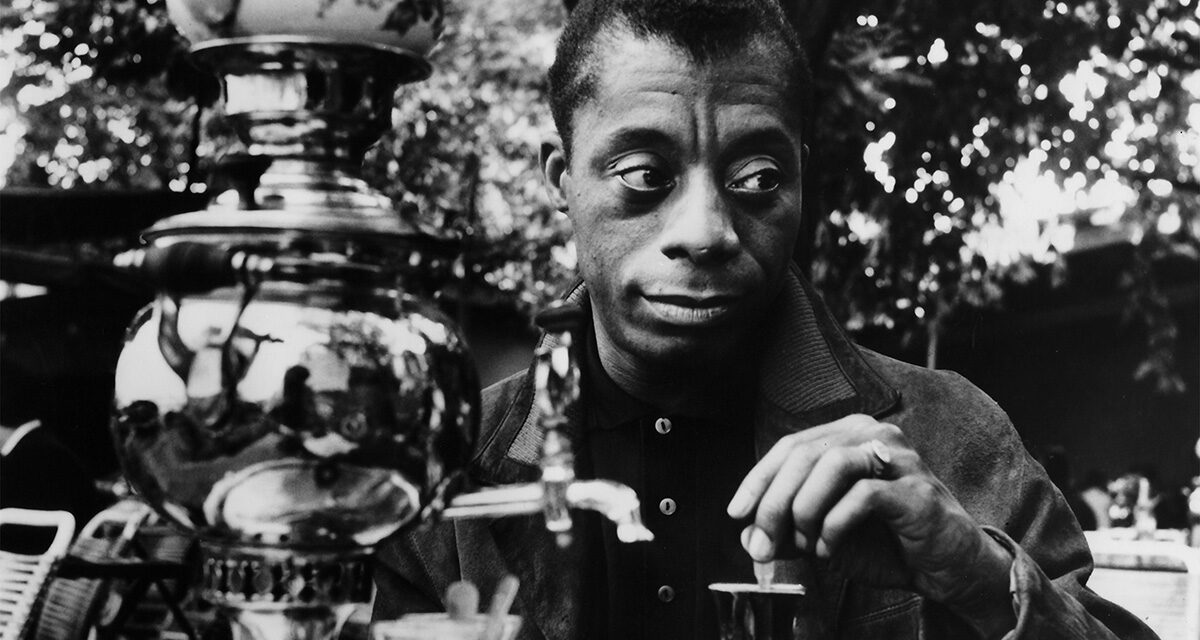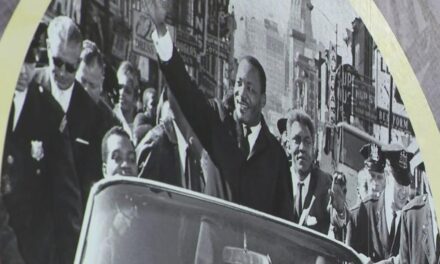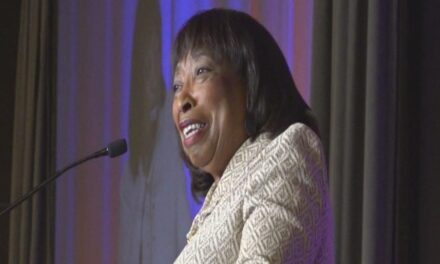
This year marks the centennial of James Baldwin and it’s not going unnoticed.
Born in New York City on Aug. 2, 1924, Baldwin was a 20th century literary titan. Not only was he tremendously prolific and talented, the novelist/poet/playwright/ and essayist par excellence, fearlessly wrote works exploring core identity topics including masculinity, race, class, and sexuality.
Baldwin was also Black, openly gay (long before Stonewall) and an activist. With the ubiquitous cigarette in hand, a quick mind and courageous heart, he was a regular on popular talk shows, and a leading voice in the civil rights movement, unreservedly addressing social inequities and Black oppression.
In recognition of his greatness, Baldwin centennial celebrations have been popping up all over. In North Bethesda, the Strathmore has already embarked on two months of commemorative programming, including live musical and theatrical events celebrating the late writer’s genius.
On Saturday, Sept. 7, at The Mansion at Strathmore, Howard University’s Department of Theatre Arts students will perform select scenes from Baldwin’s dramatic works: “The Amen Corner” (1955) and “Blues for Mister Charlie” (1964). Directed by Dr. Khalid Y. Long, the presentation will also include a scholarly overview of Baldwin’s contributions to African American Theatre.
And on Saturday, Oct. 5, The Music Center at Strathmore presents queer singer/songwriter Meshell Ndegeocello doing “No More Water/ The Gospel of James Baldwin.” Inspired by the way Baldwin empowered others through the written word, the Grammy-winning artist uses music as her vehicle to engage others in the challenge and promise of Baldwin’s work.
A famously versatile performer, Ndegeocello enjoys a devoted fan base who follow her on “sojourns into soul, spoken word, R&B, jazz, hip-hop, and rock, all bound by a lyrical, spiritual search for love, justice, respect, resolution, and happiness.”
Since Baldwin’s death from cancer at 63 in 1987, his reputation hasn’t dimmed. In fact, it’s grown in some ways. E. Ethelbert Miller, the D.C.-based literary activist, memoirist and poet, credits Baldwin’s ongoing relevance in part to queer studies and a flurry of films including Raoul Peck’s 2017 Oscar nominated documentary “I Am Not Your Negro.”
Miller adds, “Baldwin is an is important writer who speaks to his time. He explains what it means to be an American. He speaks to things outside of sexuality. Personally, I read Baldwin to understand what the Civil Rights movement was about.”
And while he doesn’t claim to be a Baldwin expert, Miller has delved deeply into the legendary author’s life and work, describing Baldwin as a sort of prophet: “He comes out of the Black church. There’s no Baldwin without the Black church. He was a child minister. It’s not surprising that within his work [his semi-autobiographical first novel ‘Go Tell It on the Mountain,’ the gay-themed ‘Giovanni’s Room,’ etc.] he struggles with sin and the devil.”
His early life in Harlem wasn’t easy. Baldwin’s stepfather, a stern storefront minister, was severe and unkind. In search of himself, Baldwin headed downtown to Greenwich Village where he found a formative lover/mentor in Beauford Delaney, the great modernist painter who, by example, taught his protégé how to be Black, gay, and an artist.
Before turning 30, Baldwin was already a famous author brimming with energy in terms of youth, vision, and hope.
And though he lived and flourished in France and Turkey for a time, Baldwin found it difficult to comment on what was happening in America from afar: Miller says, “He couldn’t. Because he comes out of the church, he has to be a witness. He needs to testify. So, he joins the civil rights movement in the South.”
In later years, Baldwin settled in the French town of Saint-Paul-de-Vence where he continued to write until his death.
For Miller’s money, Baldwin’s most exciting works are his essays. He wholeheartedly recommends ‘Price of a Ticket,’ a compendium of nearly 50 years of Baldwin’s powerful nonfiction writing, mostly focusing on the experience of race and identity in the United States.
On Thursday, Sept. 26, Miller is slated to join the party with a lecture titled “James Baldwin at the Crossroads” at Eaton House, a co-working space at 1203 K St., N.W., where, from a 2024 perspective, he’ll reexamine Baldwin’s 1976 book about film, “The Devil Finds Work.”



